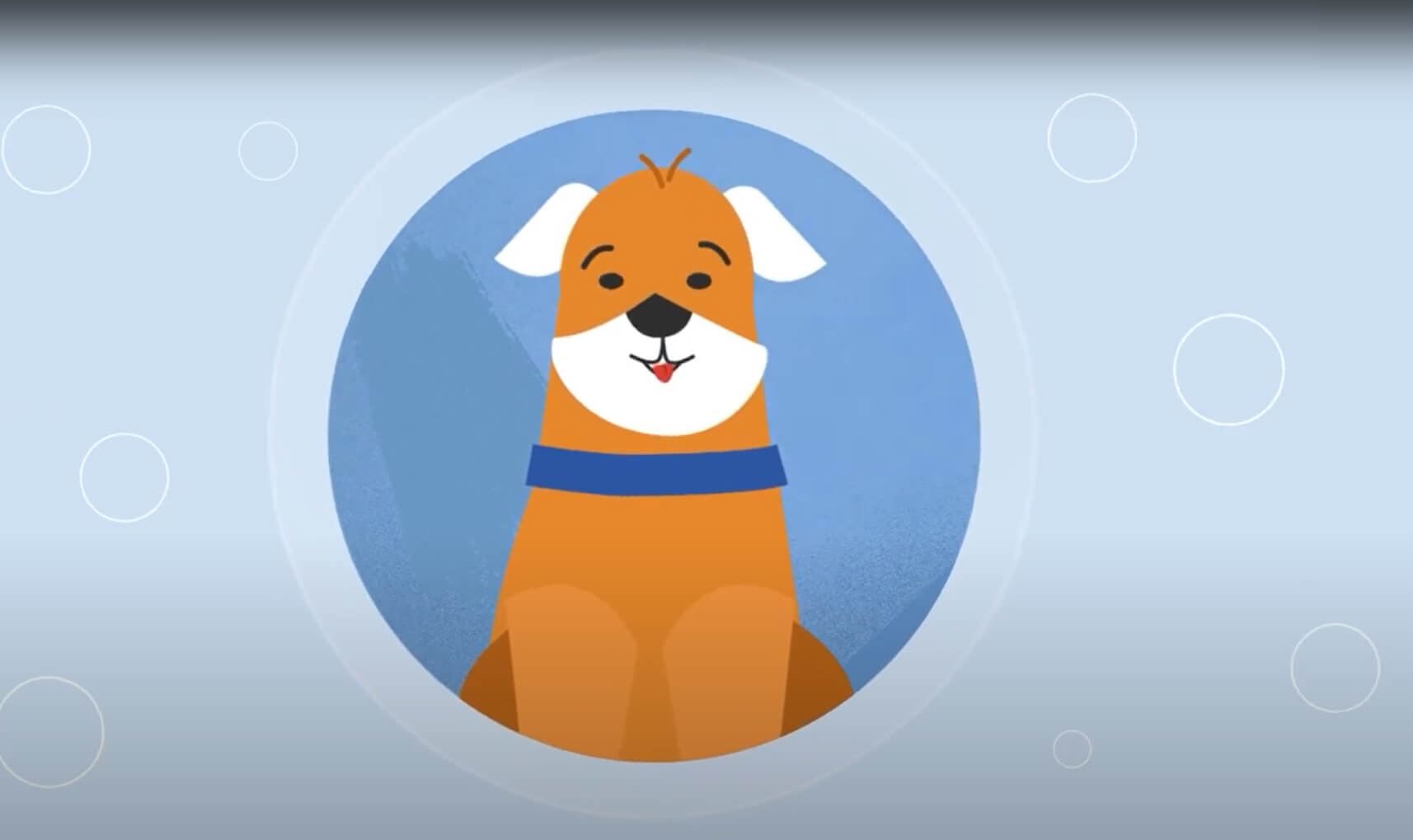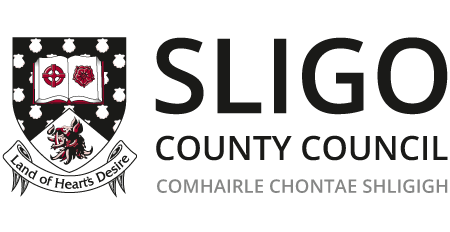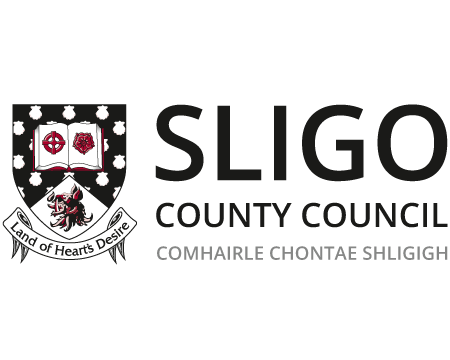With summer rapidly approaching, the country’s dog owners are being encouraged to leave only paw prints in the sand and pick up after their pets when using the country’s beaches.
Leave Only Paw Prints!
Leave Only Paw Prints!

The UCD Acclimatize Project has identified dog faeces as an important cause of water pollution, which can result in temporary bathing prohibition notices being issued by local authorities. In an effort to address this issue, the UCD Acclimatize team has released an animated video today, Monday, 9th May, entitled ‘Leave Only Pawprints’ illustrating the direct link between dog fouling and poor beach water quality. They want to highlight the potential harm caused by the abandoned dog mess and encourage pet owners to take responsibility for cleaning up after their dogs on the beach to help ensure better water quality for all to enjoy. For more information on this initiative log onto www.acclimatize.eu/dogs.
People are more likely to come into contact with dog faeces on beaches through swimming and other recreational activities during the bathing season which runs from 1st June to 15th September. Contact with dog faeces can have serious health impacts including diarrhea and even blindness in children. Their research has shown that even one dog foul can result in contamination the size of a tennis court. Dublin City Council has advised that ultimately, dog owners may face increased restrictions on beach use as well as more frequent patrols by dog wardens in an effort by local authorities to keep our coastal waters clean and safe for use. Bylaws may also be reviewed in an effort to improve bathing water quality.
Speaking on the initiative Professor Wim Meijer, Professor of Microbiology at UCD said “The aim of our animation is to highlight the extent to which dog fouling causes deterioration of water quality and endangers public health. The unique aspect of this problem is that it can be rectified through our own actions. We are confident that increased awareness of this problem will lead more people to clean up after their dog. Each and every dog owner who makes the conscious decision to pick up after their pet will be making a difference.”
To gather data on the topic, in 2019 the UCD Acclimatize team began investigating the amount of dog fouling on four Dublin beaches; Sandymount Strand, Merrion Strand, Donabate and Portrane beaches. The results were then used to calculate its impact on bathing water quality. Its research is ongoing.
The Acclimatize project is part funded by the European Regional Development Fund through the Ireland Wales Programme 2014 - 2020, led by University College Dublin together with Aberystwyth University in Wales. Partners on the project include Dublin City Council, Dún Laoghaire-Rathdown County Council, Dublin Bay Biosphere Partnership, the Environmental Protection Agency, Fingal County Council, Irish Water and Waterways Ireland. The research was undertaken led by Professor Wim G. Meijer, Niamh Martin, PhD Student, Jayne Stephens, PhD Student with support of the UCD Acclimatize team.

